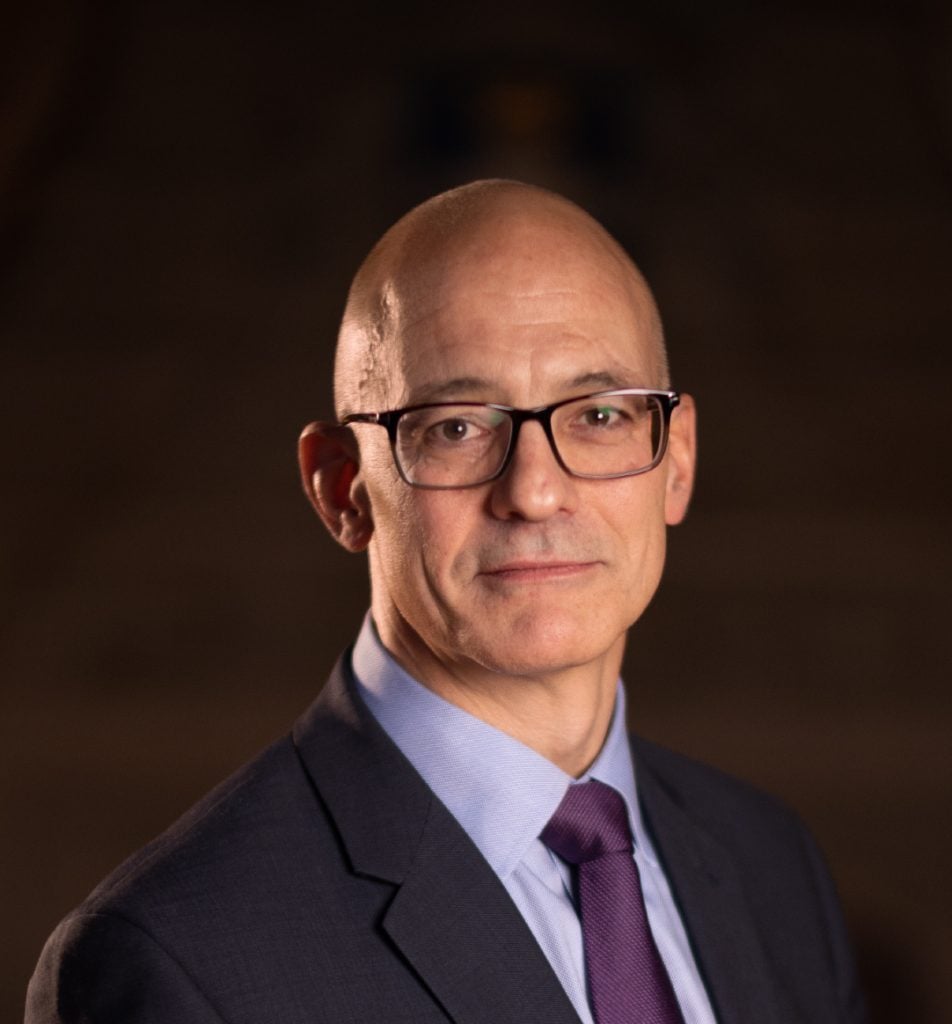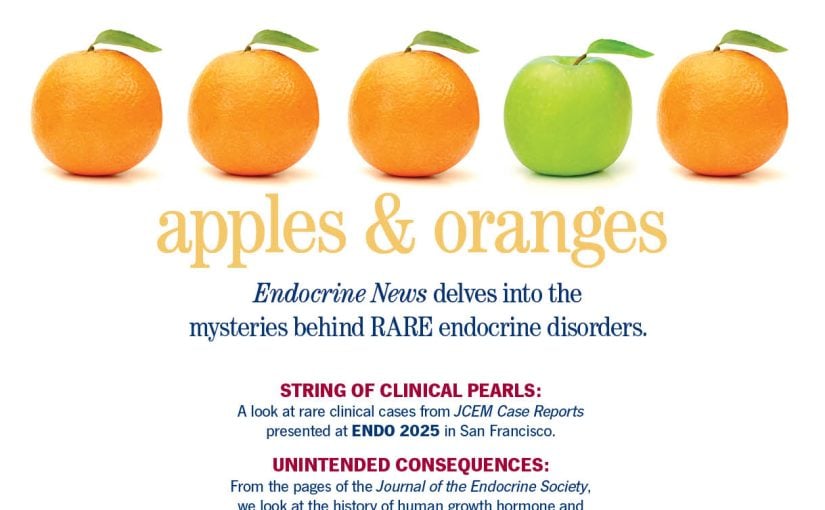
A key mission of the Society is to foster the next generation of endocrine clinicians, researchers, and educators. To this end, the organization offers many programs that not only encourage young scientists and doctors to join our specialty but to also to support them on a successful career path.
As we enter a new year, I’d like to highlight the Society’s early-career programs. These initiatives are crucial for developing a pipeline of promising professionals to enter our field. I would like all members to consider these, whether for themselves or to highlight them to others in their faculty.
Competitive Programs
One of our most visible professional development programs is the prestigious Early-Career Forum (ECF), which is open to graduate and medical students, postdoctoral and clinical fellows, and internal medicine residents.
The ECF connects rising endocrinologists with today’s leading endocrine professionals. Through these interactions, ECF attendees gain the tools and perspectives needed to navigate careers as physicians and scientists successfully.
This year’s program will be held in person on July 11, 2025, prior to ENDO 2025. The Society’s annual meeting takes place July 12-15, 2025, in San Francisco, CA. The 2025 application period is open until January 15, 2025.
On the research side of the equation, the Society offers the Research Experiences for Graduate and Medical Students (REGMS) program. REGMS is geared toward medical and graduate students who have demonstrated commitment to endocrine research. REGMS includes a comprehensive series of activities that span beyond the summer and include involvement in a variety of engaging programs for endocrine science trainees.
The 2025 application period also is open until January 15, 2025.
Helping all Rising Professionals
The Society also offers several competitive programs designed to help rising professionals from underrepresented communities.
One of these is the Future Leaders Advancing Research in Endocrinology (FLARE) program. This long-running program provides structured leadership development and in-depth training on topics ranging from grantsmanship to lab management. It equips underrepresented minorities and junior faculty with essential leadership skills for success in biomedical research careers. Many FLARE interns are now independent leaders in their field and recognize the benefit of this program.
The Society’s mission in this area is near and dear to my heart, and I personally feel proud and grateful knowing that the Society is working hard to ensure our field remains vibrant into the future.
Another popular program is the Excellence in Clinical Endocrinology Leadership (ExCEL), which offers comprehensive leadership training and mentorship to early-career physicians of communities underrepresented in medicine and science. Elements of the ExCEL program include an in-person training workshop to develop leadership competencies and management skills. The program also offers a year-round virtual mentoring course to guide the long-term success of the participants.
We look forward to hosting in-person workshops for this year’s FLARE and ExCEL program participants this spring.
Awards Can Make You Stand Out
Nothing can jumpstart a career in science like winning an award for your research. The Society helps young researchers in this area by hosting the Early Investigator Awards at ENDO. These awards provide monetary support to assist in the development of early-career investigators and recognition of their accomplishments in areas of general endocrinology. I was lucky enough to meet the 2024 awardees at ENDO where they presented their work, where after they received a $1,000 award as well as complimentary meeting registration, one-year of free membership to the Society, and public recognition of research accomplishments in various Society platforms. The 2025 application period is open until January 15, 2025.
Another way to start building your resume in endocrinology is to serve as a reviewer for one of the Society’s journals.
To this end, the Society provides an Early Career Reviewer Training Program. To be considered for the training program, a participant must meet some basic requirements, including holding an MD, a PhD, or equivalent; and having published at least three first-authored original research articles in recognized peer-reviewed journals.
Education and Training is Fundamental
The Society also provides several hands-on educational training programs that help prepare medical students for passing important exams needed to start their careers.
Our Endocrine Board Review (EBR) provides an intensive online learning program for fellows, practicing endocrinologists, and other healthcare professionals preparing for the American ABIM’s Endocrinology, Diabetes, and Metabolism Certification Exam. EBR has assisted countless practitioners pass the exam, as it features insights directly from medical experts involved in developing the exam.
Similarly, the Fellows Training Series includes an In-Training Exam (ITE), which features 90 questions designed to gauge how well a fellow is progressing through their clinical education. The exam is a case-based tool that covers all topics that appear on the American Board of Internal Medicine (ABIM) Board Exam.
At an earlier career stage, our Medical School Engagement Program (MSEP) assists academic leaders in endocrinology to encourage medical student interest in endocrinology and recognize their best and brightest learners with opportunities to engage with leaders in our field. Watch for details on the next cycle of applications, which starts in early 2025.
Mentors
One also shouldn’t underestimate the value of a mentor at the early stages of a career, and indeed mentorship across a career remains important.
To get a taste for the advantages of mentorship and being a mentor, students and early career professionals who attend ENDO are encouraged to participate in Endocrine Mentor Day (eMD). This program pairs medical students and residents with Society members who will “mentor” them for a day.
A key mission of the Society is to foster the next generation of endocrine clinicians, researchers, and educators.
Mentors and mentees attend ENDO’s signature programs, including poster presentations and a plenary session. The mentors also learn all about endocrinology and the latest scientific breakthroughs and practices.
These are some of the key programs the Society provides to help students and early career professionals succeed in endocrine research and practice.
The Society’s mission in this area is near and dear to my heart, and I personally feel proud and grateful knowing that the Society is working hard to ensure our field remains vibrant into the future.

